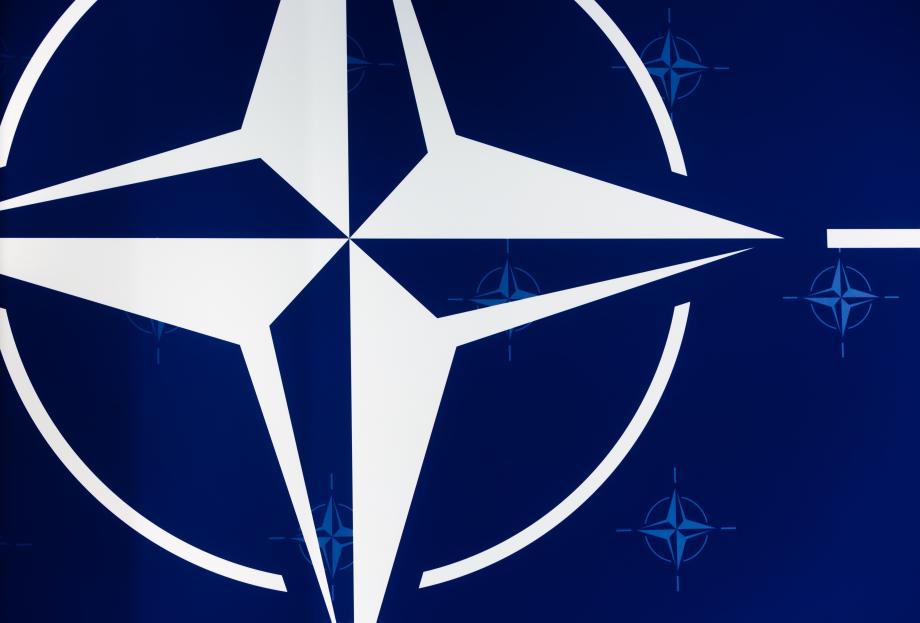In about a hundred words on NATO’s next Secretary General – GYLF edition

With the upcoming NATO Summit in Vilnius set for July, the Alliance will face a host of external policy challenges ranging from projecting an unshakeable deterrence posture, addressing the evolving complexities stemming from climate change to guarding against the sabotage, including cyber, of critical infrastructure across Alliance territory, to name a few. Against this backdrop, Secretary General Jens Stoltenberg will complete his nearly decade of service, and his successor will be announced in Vilnius. Given the significance of the incoming Secretary General, a mix of current members and alumni from GLOBSEC’s Young Leaders Forum answer; What characteristics do you think are most important for the Alliance’s next civilian leader?
Sascha Ostanina, Policy Fellow, Jacques Delors Centre; GYLF cohort 2023
There is an unofficial but well-established tradition at NATO to appoint a European to the post of NATO Secretary-General while appointing an American as the Supreme Allied Commander Europe. Interestingly, the NATO Secretary-General has never been from Eastern Europe. In light of Russia’s invasion of Ukraine, it is time for this to change. It is time to appoint an Eastern European who intimately understands both the cultural dynamics and the traditional physical/psychological military tactics in the area to lead NATO’s civilian branch. Additionally, the war in Ukraine has confirmed that knowledge of high mobility infantry warfare, electronic warfare and modern drone warfare is a key component of the skill set of the next NATO secretary-general.
Giuseppe Spatafora, Policy Adviser, North Atlantic Treaty Organization; GYLF cohort 2023
The characteristics that NATO’s next Secretary-General should possess stem directly from the three roles that s/he will cover. First, the Secretary-General is the Chair of the North Atlantic Council, the Alliance’s highest-level forum where decisions are taken by consensus. As such, the Secretary-General must be an excellent negotiator, as he or she will need to forge consensus among the Allies, which is necessary to advance NATO’s ambitious agenda. Second, the Secretary-General is the head of NATO’s International Staff. As the Alliance’s highest civil servant, s/he must be an acute analyst of the contemporary security environment. S/he must also be a good listener to be ready to follow the advice of her/his staff. And s/he must be a great leader to give a sense of coherence and unity to the Alliance’s various activities for the collective defence of the Euro-Atlantic area. Third, the Secretary-General is the Alliance’s Chief Spokesperson. As such, s/he must be a superb communicator, able to provide the Allies’ collective position to the world in a coherent way and to counter all the false narratives and disinformation that adversaries spread about NATO’s purpose.
Katarina Kertysova, Policy Fellow, European Leadership Network (ELN); GYLF cohort 2018
For me, a good leader is inclusive in his/her decision-making and seeks input from others. The NATO 2030 reflection process, which Jens Stoltenberg led, enabled a variety of stakeholders – including young professionals like myself – to shape NATO’s strategy for the coming decade. It is important that his successor continues to engage with younger audiences and gives them a voice in decisions affecting their future. While the war rages at NATO’s doorstep, climate change is causing havoc both within and outside NATO, making it harder for our militaries to deter and defend. Jens Stoltenberg made climate security a key priority at NATO. As the Alliance increasingly takes on issues of the day, preventing intra-Alliance diversion and ensuring that climate security remains on top of NATO’s agenda is key. To make this happen, sustained focus and leadership are essential.
Read more in the PDF below.